Controversy. Disagreement. Belief. Bible. If you don’t believe that, look at the controversy the Pope Francis stirred up footnote[note]Google search – Pope Francis[/note]. When I think of the spirit which is present in every creature, which I would submit is no different than the soul that you and I have, I think of God. When I need answers, I do not turn to my fellow Christians, I go right to the source. The Bible.
Job 12:9-10
“Who knoweth not in all these that the hand of the Lord hath wrought this? In whose hand is the soul of every living thing, and the breath of all mankind.”
This passage from Job seems pretty clear that animals, our pets, our companions have not only the spirit of life but also a soul.
In my book, Living With Them, I write that as each one of the pets that I have been with as they passed on, I have told them to wait for their mom and myself because we will be there soon just as I would with a human. Do they understand? I’d like to think that God would grant them and myself that.

Sweetie Pie who died in my arms.
I have no doubt whatsoever that this is true, that we will be reunited with everyone that we have known that has preceded us in death. In conversations with ministers, the ones that think the same as I do outnumber those that say no.
When examining whether or not we will be reunited with our pets once we die and enter to heaven, I decipher my questions through the word of God. The reasoning is simple. We are flawed creatures thanks to sin. We were created perfect and used our free will to go against God and allowed sin into this world. Thus anything that any of us says has to be assumed to be flawed in some way.
The Bible says many things about creation as a whole and animals as a subset of that creation. We know that the Jews were ordered to have their animals also observe the Sabbath footnote[note]Animals in old Testament[/note]. We know from the Bible that God breathes the spirit of life into all creatures. Should it not be surprising that the animal members of our families not be presumed to have a spirit that “goes somewhere” when they die?
One aspect of this is the Catholic Saint assigned to the protection of animals – Saint Francis of Assisi footnote[note]St. Francis[/note]. What’s important about St. Francis is that he took the Bible literally which would probably brand him a religious nutcase in our time.
The Bible itself is rife with mentions, instructions and veneration of animals. Here are some passages from the Bible about animals:
Genesis : 9, 13-17
I have set My rainbow in the clouds, and it will be the sign of the covenant between Me and the earth. Whenever I bring clouds over the earth and the rainbow appears in the clouds, I will remember my covenant between Me and you and all living creatures of every kind. Never again will the waters become a flood to destroy all life.
Whenever the rainbow appears in the clouds, I will see it and remember the everlasting covenant between God and all living creatures of every kind on the earth.”
So God said to Noah, “This is the sign of the covenant I have established between Me and all life on the earth.”
We see that after the flood and Noah, God now has a covenant with all living creatures. A covenant is an agreement, a guarantee, a commitment.
In Revelation, we read that indeed there are creatures in Heaven.
Revelation 5:13
“And every creature which is in heaven, and on the earth, and under the earth, and such as are in the sea, and all that are in them, hear I saying, “Blessing, and honor, and glory, and power, be unto Him that sitteth upon the throne, and unto the lamb forever and ever.”
Does any of this end the controversy? I wouldn’t give myself the credit if it did and I doubt that it would end the discussion.
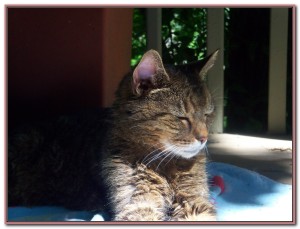

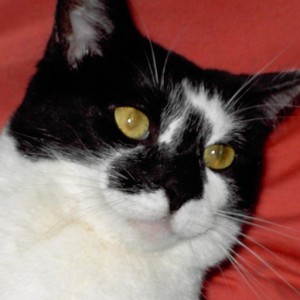



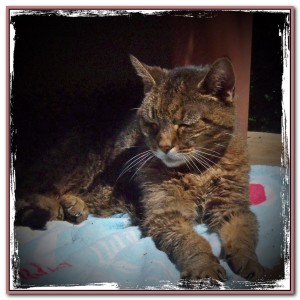 The late Ted Bird, age 22
The late Ted Bird, age 22
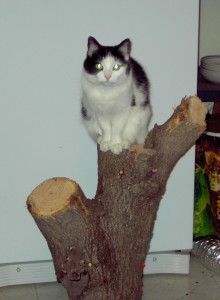 Peanut Butter, age 16
Peanut Butter, age 16
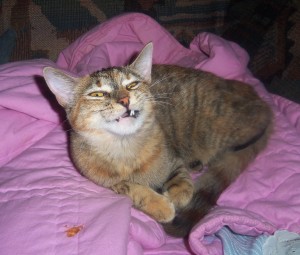 Little Ted Bird, age 6 months
Little Ted Bird, age 6 months
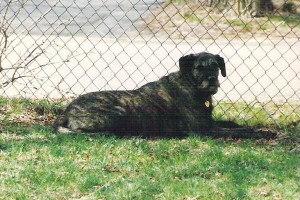 The late Sweetie Pie
The late Sweetie Pie